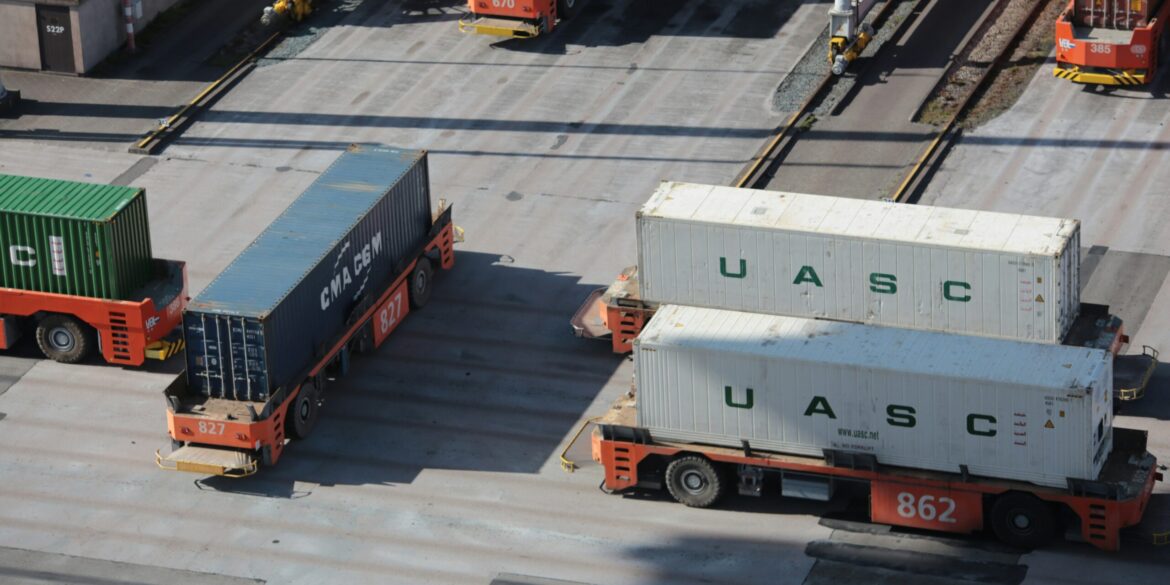As of November 1, 2025, a major shift in U.S. trade policy has gone into effect, with a 25% tariff now applied to all medium- and heavy-duty trucks imported into the country. This new tariff was announced by President Donald Trump on October 7, 2025, and its implementation is expected to have significant repercussions for the truck manufacturing and logistics industries.
The move stems from a Section 232 national-security investigation, which examined whether the influx of foreign truck imports posed a threat to U.S. manufacturing capabilities. The investigation concluded that the current import practices jeopardized the strength of the U.S. truck manufacturing industry, leading to the imposition of the tariff. This measure will apply to trucks of all origins, signaling a departure from earlier trade agreements that provided exemptions for certain imports, such as those from Canada and Mexico.
For many automakers and freight operators, this change introduces an unpredictable cost increase for imported trucks. The 25% tariff is expected to drive up the price of foreign-made trucks, which will likely have a ripple effect throughout the global supply chain. Manufacturers with substantial component production in low-cost regions such as Mexico could see increased costs, which may be passed on to consumers in the form of higher prices for commercial vehicles. This disruption could also create logistical challenges, especially for fleets that have become reliant on international suppliers for their truck purchases or specific vehicle components.
What makes this new tariff particularly noteworthy is that it targets an entire industry—the truck manufacturing sector—rather than being part of broader tariffs on materials like steel and aluminum, which have been common in recent years. The decision to impose a direct tariff on medium- and heavy-duty trucks marks one of the most significant interventions in the commercial vehicle trade in modern U.S. history. This action is seen as a protectionist step, intended to boost domestic manufacturing in a sector critical to U.S. infrastructure and economy.
For logistics companies, truck fleet managers, and importers, this shift represents a major change in how they will approach procurement and cost management. With the additional 25% tariff now in place, businesses in these industries will need to reassess their supply chain contracts, procurement strategies, and overall cost models. The price increase on imported trucks could lead to budget adjustments, which could disrupt business operations if not carefully planned for.
Logistics companies should consider evaluating their existing contracts with international suppliers and exploring alternatives to mitigate the effects of the tariff. In some cases, sourcing trucks from domestic manufacturers could be a viable option to avoid the added costs associated with the tariff. While domestic production may come with its own set of challenges, such as limited production capacities or higher base costs, it could offer a long-term solution to offset the impact of foreign tariffs.
In conclusion, the 25% tariff on medium- and heavy-duty trucks marks a pivotal moment for both the U.S. truck manufacturing industry and the global logistics network. Companies will need to act quickly and strategically to manage the additional financial burdens this tariff imposes. By reevaluating procurement strategies, strengthening supply chain relationships, and considering domestic alternatives, businesses can navigate this shift and position themselves for continued success in the evolving trade environment.


